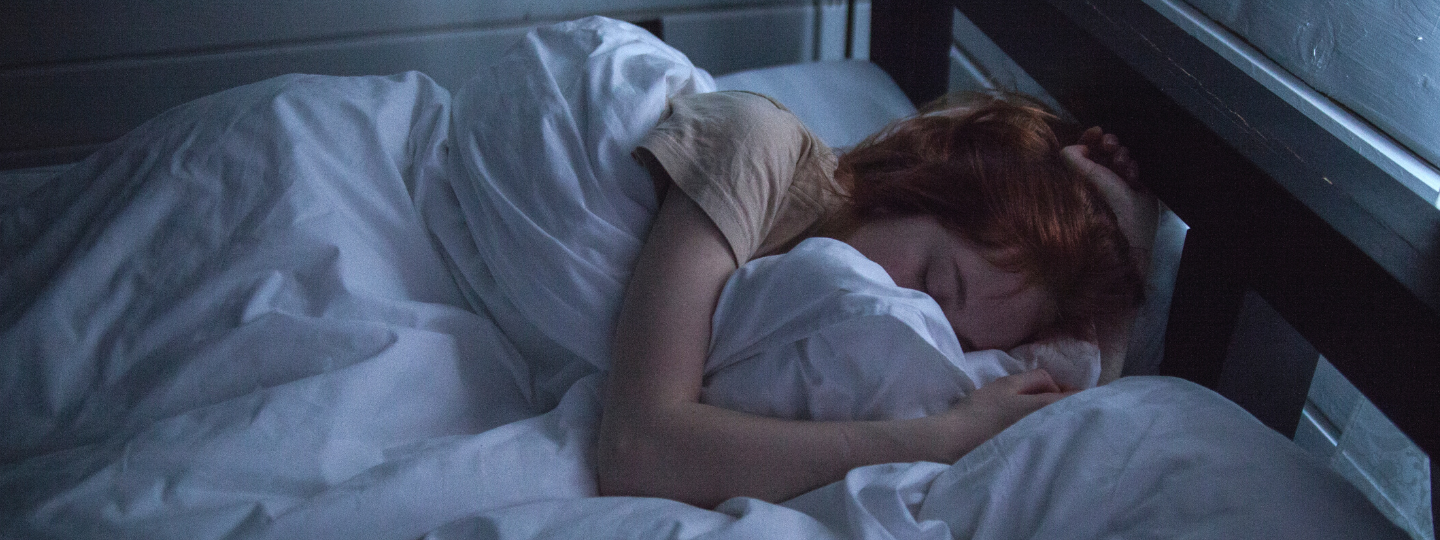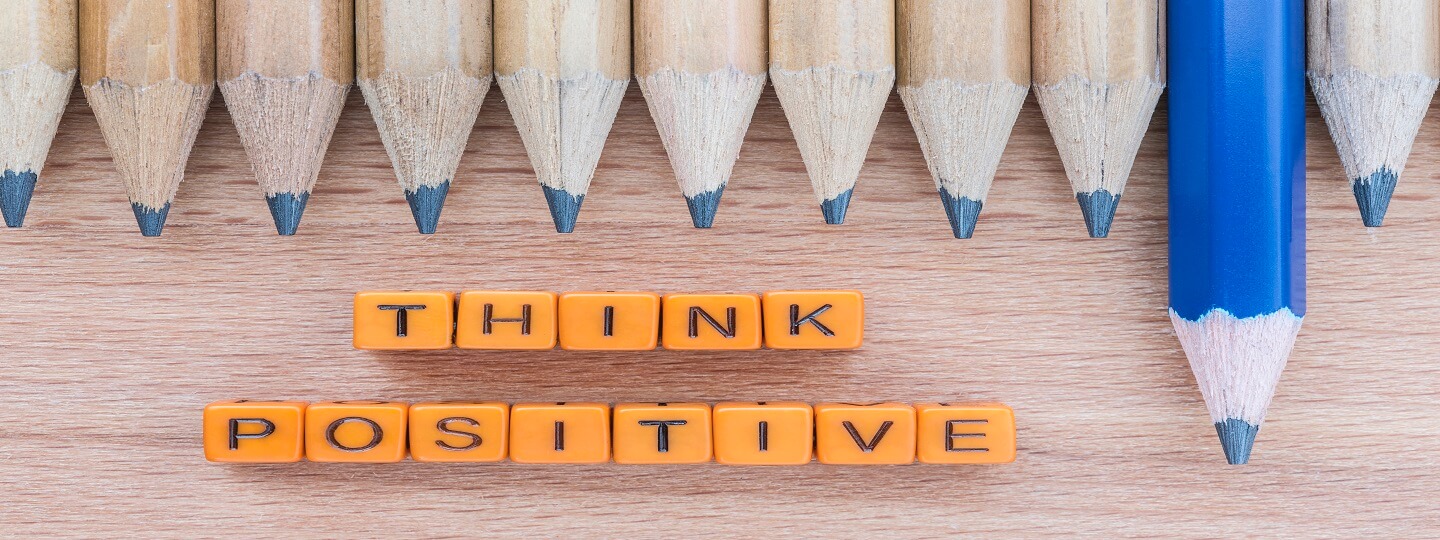Anger is a feeling we all experience. It’s an emotional state that comes with thoughts and often physical feelings as well.
Anger can usually be summed up with the expression ‘that’s not fair’. It comes with a sense of injustice. Maybe you feel you or someone else has been treated unfairly. Anger can be a great motivator, prompting us to make changes and tackle inequalities.
The past year has been challenging for many, and can cause a lot of anger. We often feel angry when we have no control over things. We can feel stressed, or under a lot of pressure.
There is nothing wrong with feeling angry. It is our response to feeling anger that can cause problems for us.
Why we feel angry
Feeling angry often comes with physical sensations. Things like our heart beating faster, feeling hot or clenching our fists.
Anger can be difficult to express and manage. Particularly because a lot of us have been taught not to show it. We can be made feel guilty or ashamed about being angry, despite it being a necessary emotion.
This is unfair as well, and can further sustain feelings of anger. Until we learn how to manage it a different way, this keeps going in a circle.
We learn a lot about how to express emotions from our family. Think about the habits you may have picked up over the years. Do people close to you release anger in a healthy way?













